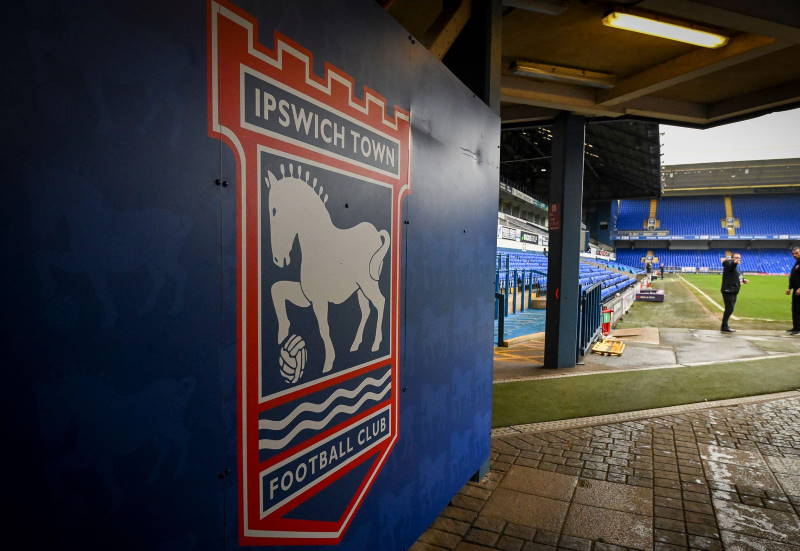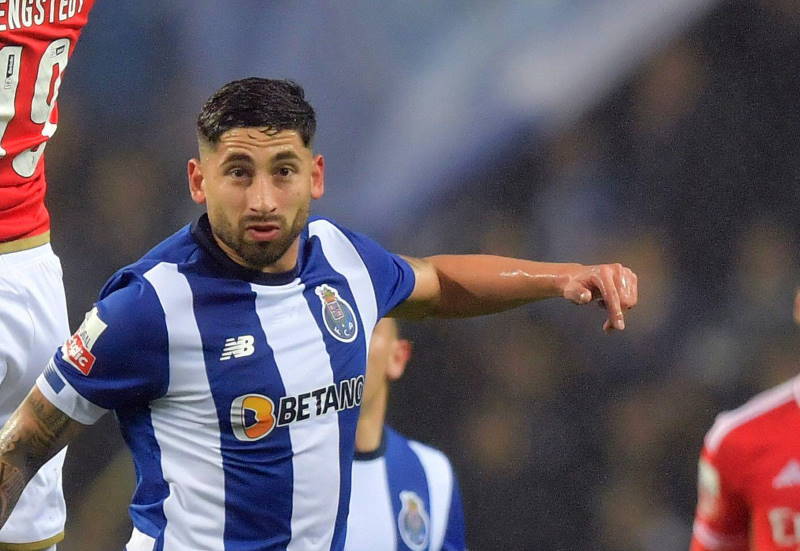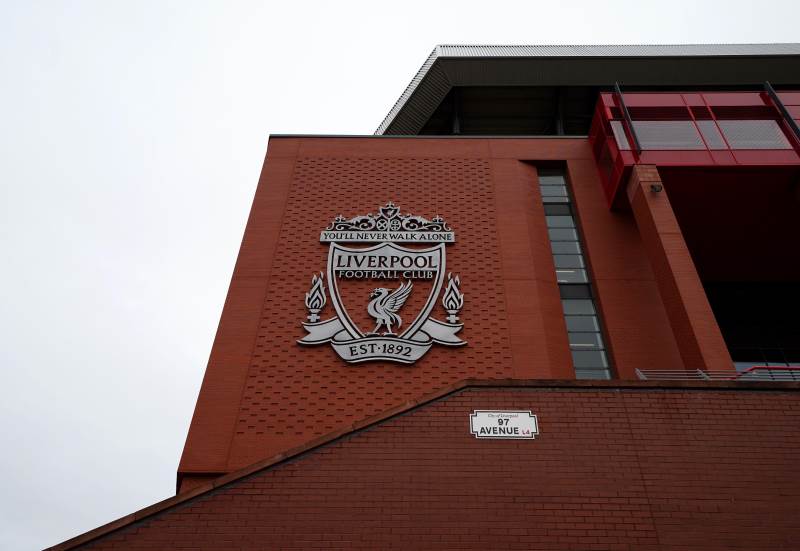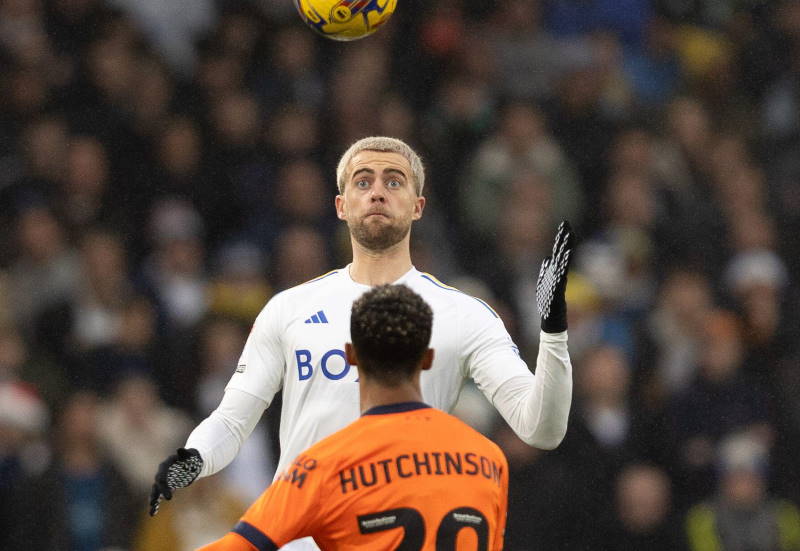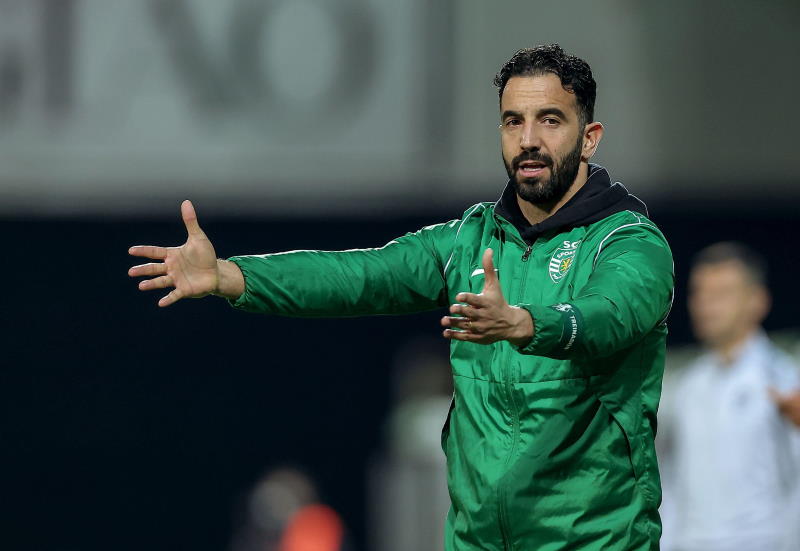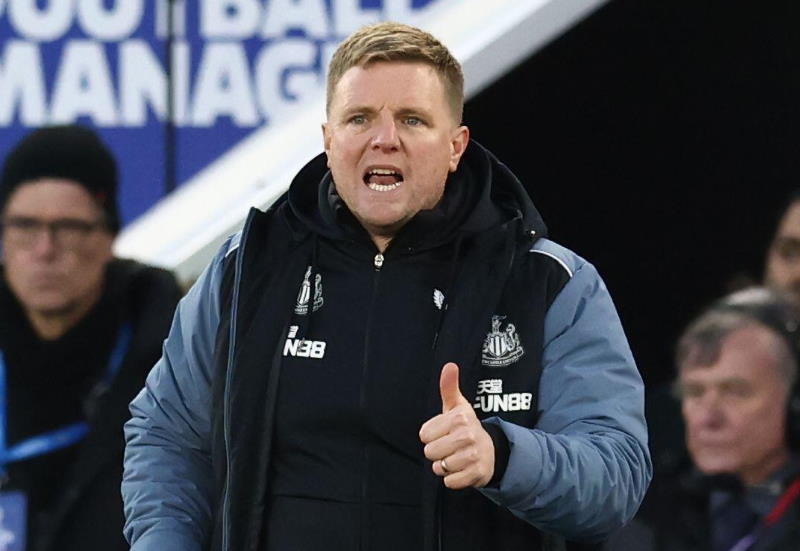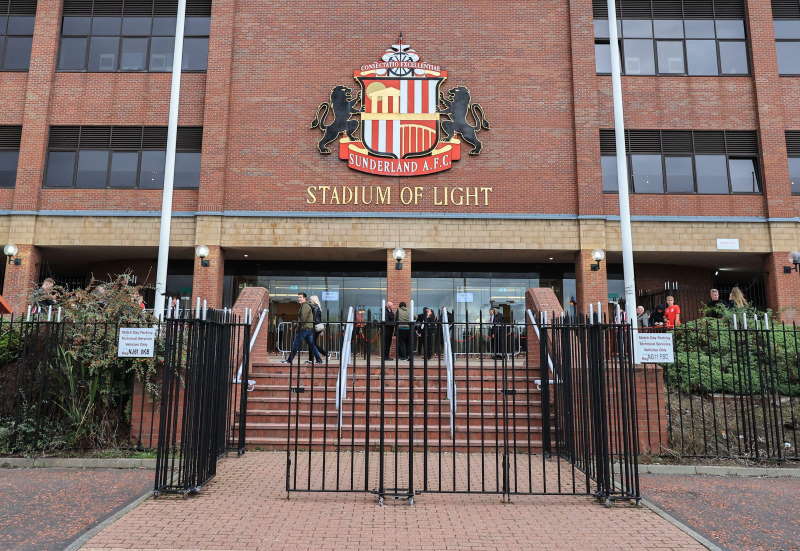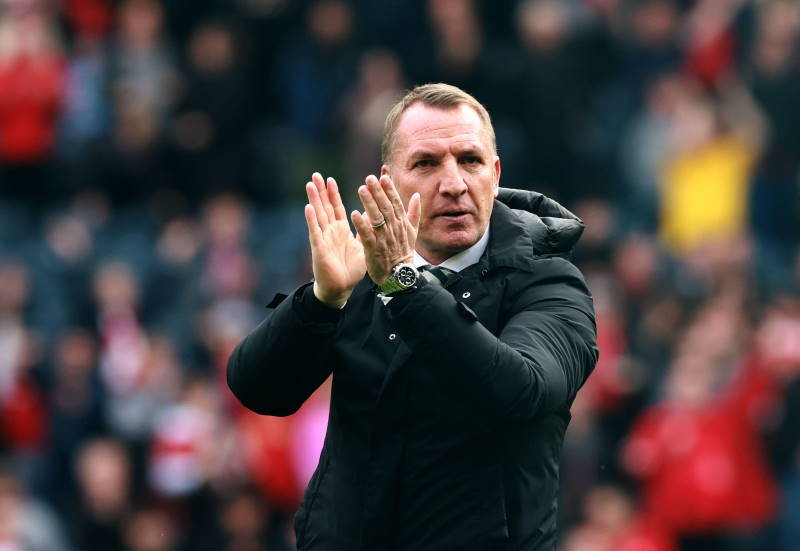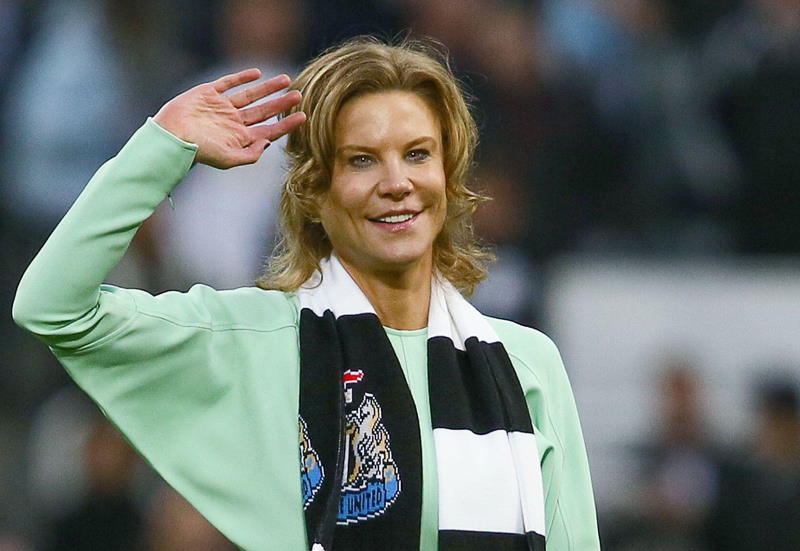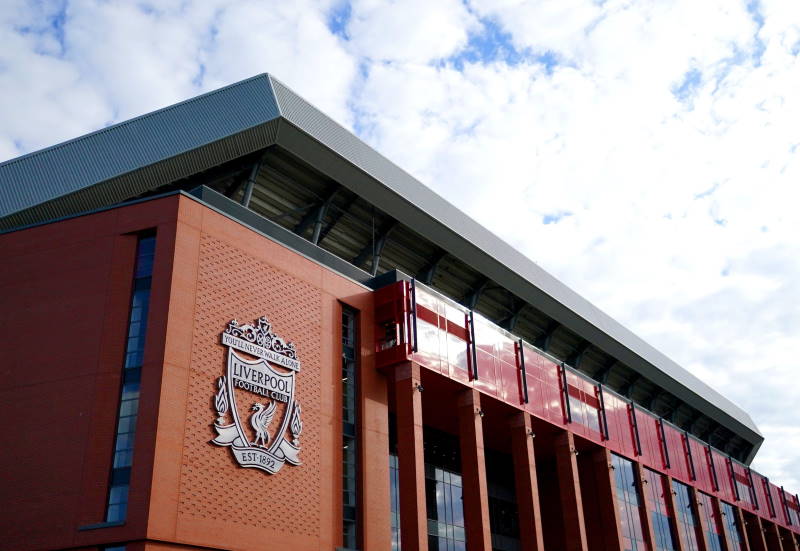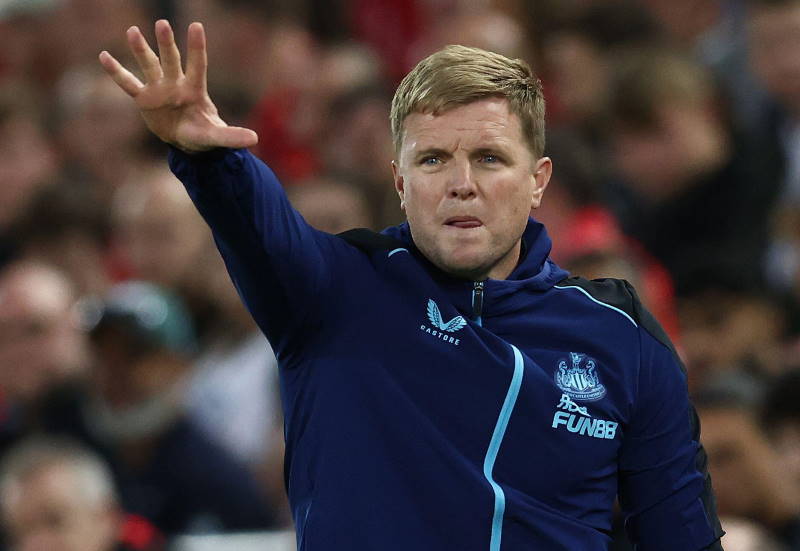
As Jose Mourinho’s ‘homecoming’ continues to underwhelm in the west of London, the formerly self-titled ‘Special One’ has claimed that he may have to sacrifice the style the club have been playing with in order to get the results he craves. Stuttering along as they have been, never quite in the state of crisis currently being endured at Old Trafford and White Hart Lane, but also never scaling the heights of those at the Etihad or Emirates Stadiums, Chelsea have had a strange season so far.
One man who will be particularly perplexed by Mourinho’s claim that his club will have to stop playing with the style they have been so far this season is Juan Mata. The Spaniard, exiled from his former status as star attraction, the first name on the team-sheet for the last two years, may be wondering exactly when Chelsea became this free-wheeling, attractive outfit; and so may many neutrals. It is true that Chelsea have enjoyed plenty of possession and created many chances in numerous games this season, but Mourinho seems to be making quite a leap to suppose that this amounts to an entertaining style of play.
Entertainment of course is not just about possession and chance creation. Mourinho only needs to ask his former assistant Andre Villas-Boas about that. Tottenham have enjoyed more possession than most opponents this season, including away to Arsenal and Manchester City (1-0 and 6-0 defeats), and created 30 chances against Cardiff and Newcastle respectively, scoring a whopping one goal in the process. It was not enough for Spurs, who swung the axe in Villas-Boas’ direction following a 5-0 drubbing against Liverpool.
The reason Chelsea have struggled so much this season is because Mourinho has made a genuine attempt to change the club’s style of play. But unlike Arsenal’s Arsene Wenger, Everton’s Roberto Martinez, Liverpool’s Brendan Rodgers and Southampton’s Mauricio Pochettino, his devotion to this style is far from wholehearted, and therefore Chelsea have been attacking yet at the same time not being particularly entertaining. The Blues have been playing like a team attacking with reluctance rather than fervour. Branislav Ivanovic at right-back, John Terry and Gary Cahill rather than David Luiz at centre-back, these are the signs that Mourinho is reluctant to embrace free-flowing football completely.
So was his reaction when his Chelsea side were 1-0 down and being outplayed by Southampton earlier this season. He simply reverted to the old Chelsea style – a posh ‘kick and run’ of sorts, aiming for the big man up front and piling the ball into the box in the hope that eventually it will be bundled in. It is not surprising it worked so well – it suits Chelsea. Mourinho’s unease with the brief he has been given is highlighted perfectly by his dispute with Mata, the club’s best player, bafflingly dropped from the first choice eleven this season. There are many theories as to why Mata has been frozen out.
It is true that the Spain international is a less effective counter-attacking weapon than Oscar or Eden Hazard, who are more direct in their approach play. Yet if that were the reason for Mata being dropped, it would contradict Mourinho’s claims to be playing a proactive attacking game. Another theory is that Mourinho doesn’t like Mata because he doesn’t track back enough. One problem with that theory is that Mata has proven in the past that he is very capable of exactly that. Against Barcelona in both legs of the Champions League semi-final the Blues improbably won in 2012, Mata could be seen working excessively hard in essentially a defensive role – as all his team-mates were performing that evening. And since when was Hazard the kind of player who tracks back?
Perhaps the biggest reason Mata has been sidelined is simply Mourinho’s disdain for risk. The former Real Madrid coach cannot stomach the idea of leaving anything to chance, to take risks on the pitch. That is why he is a fundamentally reactive coach, preferring not to expose his side until the opposition have exposed themselves, leaving his team the opportunity to counter-attack ruthlessly. It is why Luiz, the club’s best centre-back, has been left out of the team for much of the season, being recalled against Liverpool yesterday only for a defensive midfield role. It must be fascinating to be inside the Brazilian’s head, or perhaps that of his national team coach Luiz Felipe Scolari, wondering how he can be kept out of the heart of the defence by John Terry and Gary Cahill. Capable defenders they may be, but Luiz is on a different level to both. But then, Luiz doesn’t like to play the simple ball every time, or to take the quick, easy way out.
And neither does Mata. The Spaniard’s style is that of a classic playmaker – nimble, creative, always looking to find a small hole in the opposition’s defence. He will try things that are improbable, and often they will not come off, but his ability is such that it succeeds often enough for him to be irresistibly effective. And most of all, Mata is a player who does not require tactical instruction. Indeed it is easy to suspect that he would be hindered by tactical instructions that would inhibit his natural style of play.
The very best players in history, the likes of Diego Maradona, Zinedine Zidane, have not needed tactical instructions – they worked out the best solutions on the pitch intuitively. Dennis Bergkamp said in his recent autobiography that the reason he was successful at Arsenal and not at Inter Milan was extremely simple: Wenger didn’t give him tactical instructions, instead trusting the Dutchman to figure out what to do on the pitch, because he was intelligent enough to do it. Cesc Fabregas has said similar things about Wenger, whilst Johan Cruyff had precisely the same approach when constructing his Barcelona ‘dream team’ of the early 1990s.
The idea of Mourinho trusting a player in such a way is fanciful. This is a coach who, while highly successful, craves control in every respect. Chelsea may be more attacking this year, but it remains very much within the confines of his instructions on how to attack – there is no room for players to think for themselves in his system. There is not the free flowing football of Arsenal, Manchester City or Liverpool as unlike players at those clubs, Chelsea’s are not free to move wherever they want when attacking. Mata, the most creative, intuitive and intelligent of Chelsea’s players, is for these reasons the most ill-suited to Mourinho’s tactics. To explain it another way, Mata would fit perfectly into the Barcelona system; whereas Mourinho and by extension Chelsea, have forged an identity as a kind of ‘anti-Barcelona’, sacrificing style and image at the altar of success.
This rift with Mata highlights why the Portuguese will never quite reach the same level as managerial greats like Cruyff and Rinus Michels. He may win as many trophies, but he has taken the risk free approach, the easy approach. Defending, or destroying, is much easier than to attack, to build. Mourinho’s lack of tactical ambition continues to ensure he is far more entertaining in the press room than his teams are on the pitch, and is probably why his Chelsea love affair is destined – eventually – to end in tears again.
Don’t bet on football until you’ve visited Inside Bet! Interesting markets, top tips, betting facts – get all the info before you bet.

